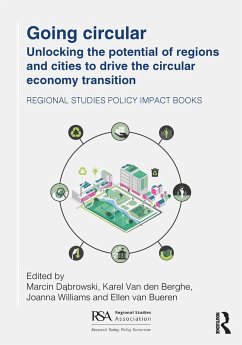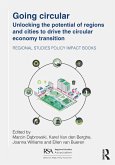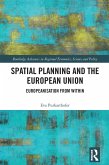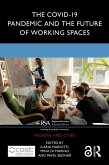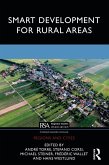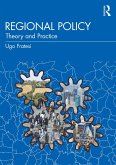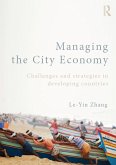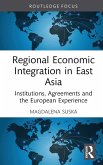Going Circular tackles the pivotal policy issues and challenges related to CE transitions in cities and regions. It will inform and equip public and private policymakers, urban planners and regional authorities with the knowledge and tools needed to foster a CE and nudge cities and regions towards sustainable futures.
Despite extensive data and knowledge available on cities and regions, terms such as 'circularity', 'economy' and 'space' often remain disjointed for researchers, policymakers and practitioners alike. This book presents a frank and insightful exploration of the spatial dimension of the circular economy, challenging assumptions and idealisms. It provides practical opportunities for action by underscoring the importance of geopolitics, empathy and justice, ecosystems restoration, and assessment of progress on the transition pathways towards a circular economy. The book equips readers with language and visual concepts needed to engage with and communicate this topic confidently. I highly recommend it as both an introduction and a refresher on the topic of circular regions and cities.
Adrian Vickery Hill, Strategist and designer - director, Osmos Network
This book outlines a path to trigger circular economy processes that can transform cities and regions, guiding them towards a more resilient and sustainable future, while producing context-appropriate solutions. Circular economy is a context-specific, place-based process that requires a holistic and systemic perspective, in which space plays a crucial role. In six thematic chapters, the book proposes a pathway analysing several key issues: the spatial dimension of circular economy; the opportunities for more ecologically healthy, resource-sufficient metropolitan regions; the integration of social justice and the concept of "care-full" circular economy; the ecological implications of the transition in line with the urban circular bioeconomy; the multidimensional assessment of the transition progress and cross-level interdependencies; as well as policy recommendations for multi-level governance at various scales. This book provides an inspiring perspective on circular economy, not only as a technical and economic challenge, but also as a social and political opportunity. It is highly recommended for anyone interested in fostering a more sustainable and circular future for our cities.
Prof. Maria Cerreta, University of Naples "Federico II"
Dieser Download kann aus rechtlichen Gründen nur mit Rechnungsadresse in A, B, BG, CY, CZ, D, DK, EW, E, FIN, F, GR, HR, H, IRL, I, LT, L, LR, M, NL, PL, P, R, S, SLO, SK ausgeliefert werden.

